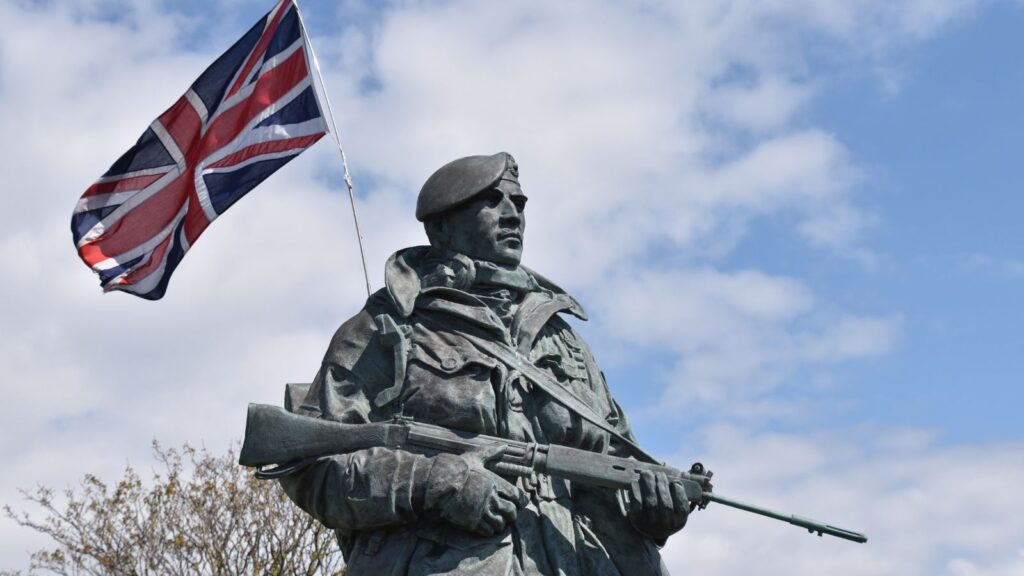Throughout history, Britain has been the stage for numerous events that have had a profound impact on the world, including groundbreaking discoveries and social change. These events have shaped the course of history; so here’s a journey through 17 historic British events that changed the world.
The Magna Carta
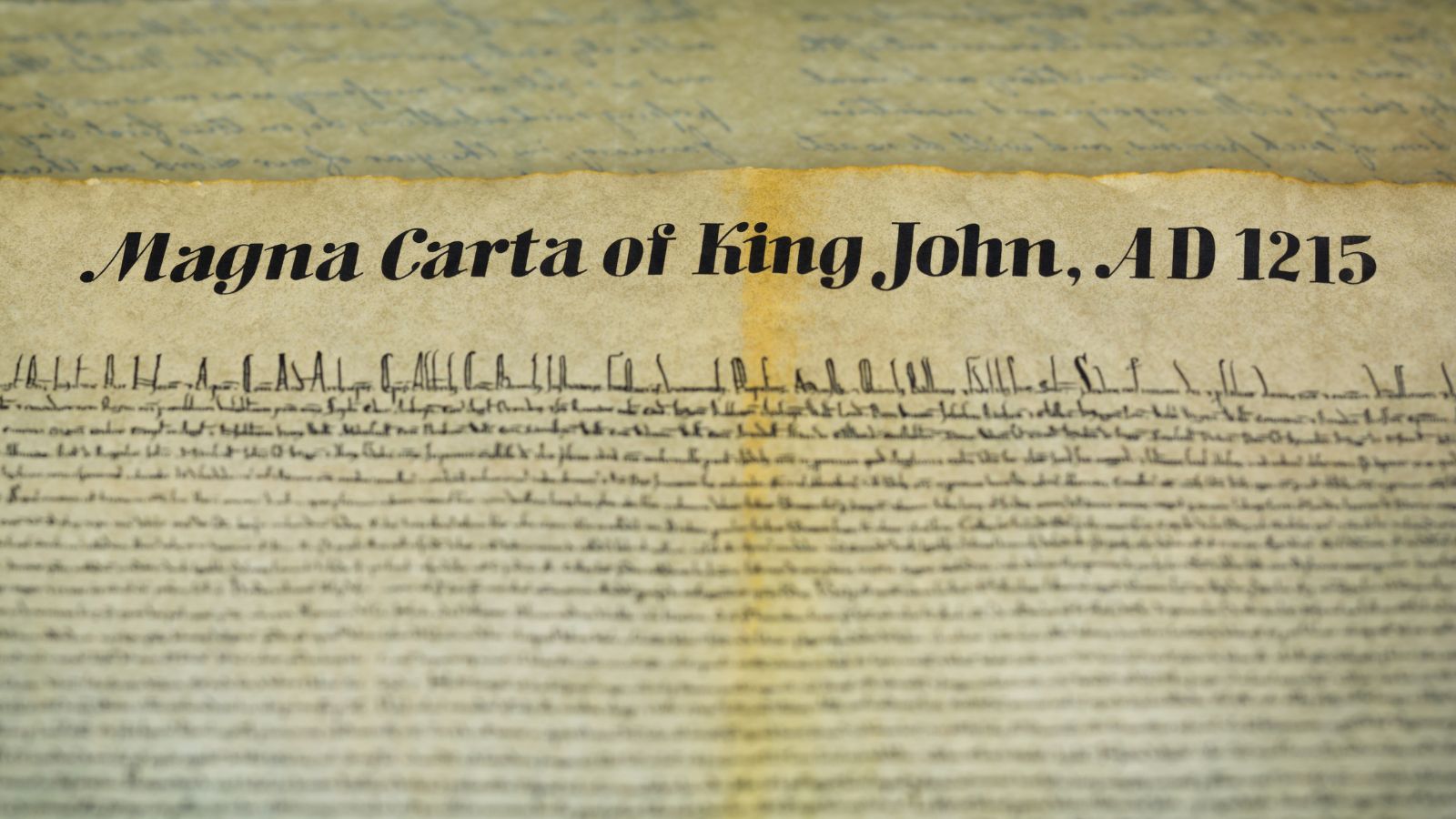
In 1215, King John of England was forced to sign the Magna Carta, a document that laid the foundation for modern democracy. UK Parliament reveals that it was “the first document to put into writing the principle that the king and his government was not above the law.” The Magna Carta’s influence can be seen in many democratic constitutions around the world.
Industrial Revolution
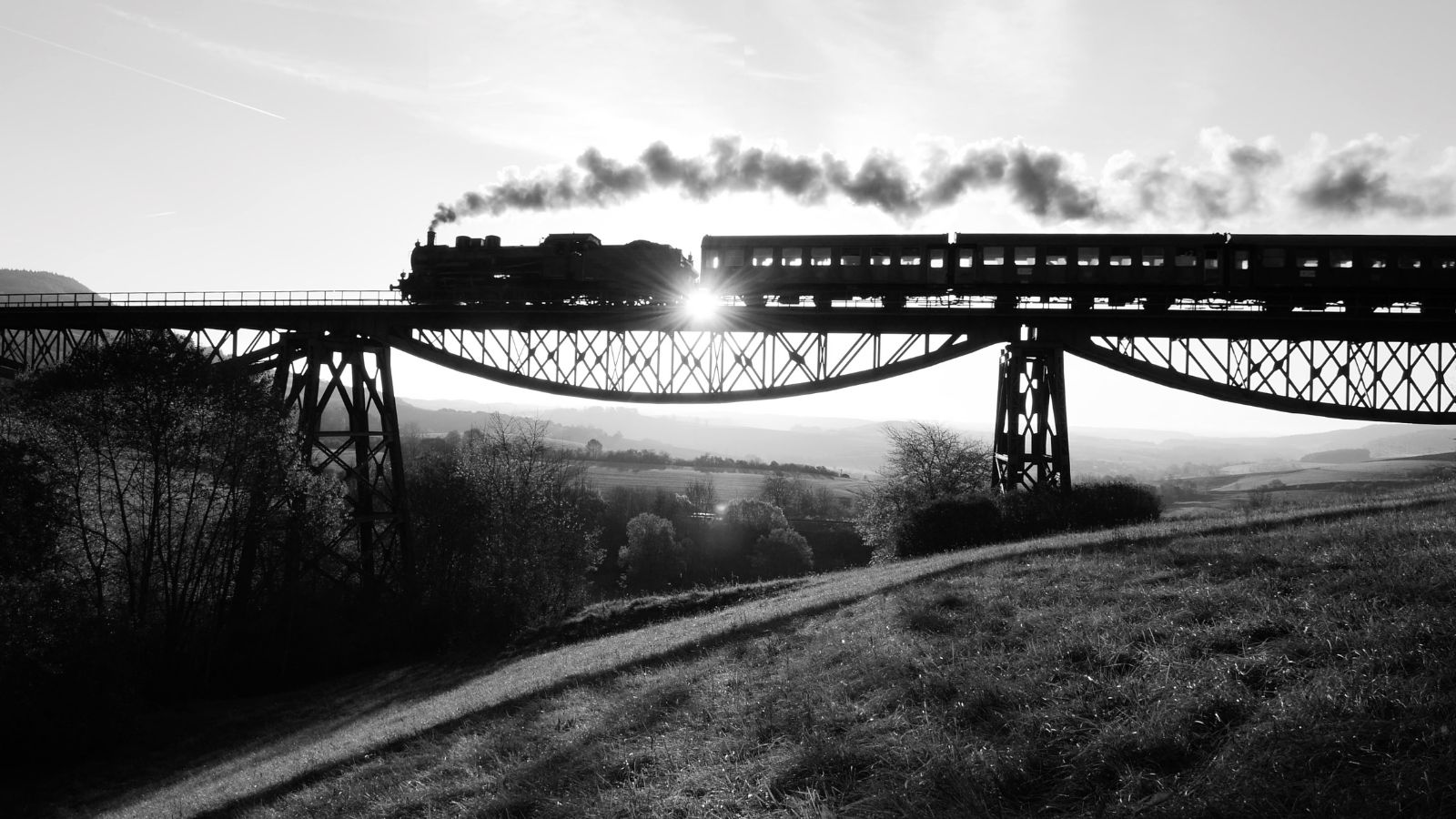
The Industrial Revolution, which began in Britain in the late 18th century, transformed the world in unimaginable ways. It marked the transition from agrarian economies to industrialised ones, with massive advancements in technology and manufacturing. Innovations like the steam engine, spinning jenny, and power loom revolutionised production processes.
Abolition of the Slave Trade

In 1807, Britain passed the Abolition of the Slave Trade Act, making it illegal to engage in the slave trade within the British Empire. This landmark legislation was a result of tireless campaigning by abolitionists like William Wilberforce and Olaudah Equiano. The act was a crucial step towards the eventual abolition of slavery itself.
The Battle of Waterloo
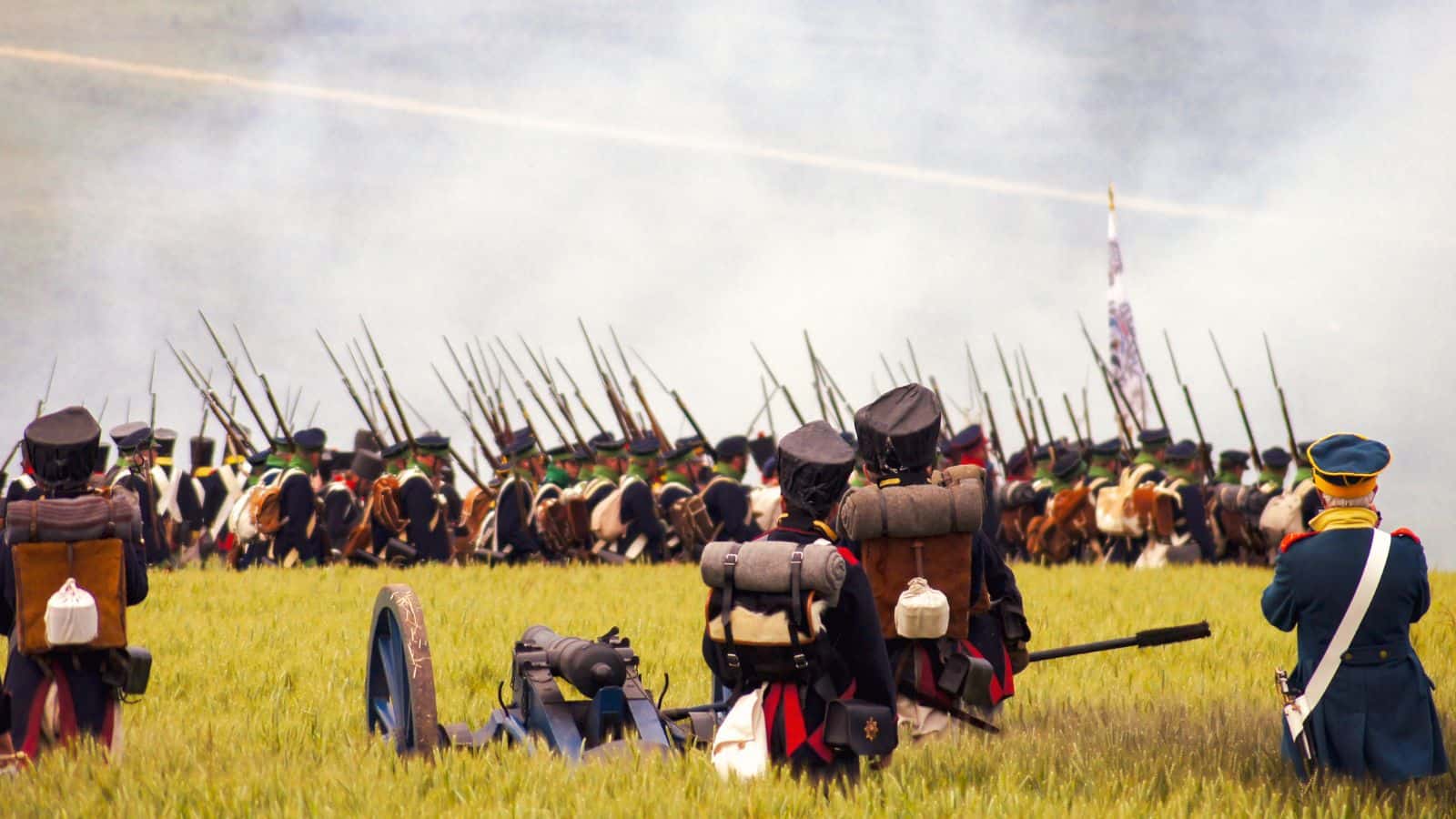
The Battle of Waterloo in 1815 was a decisive conflict that ended Napoleon Bonaparte’s ambitions of European dominance. Fought in present-day Belgium, the battle saw the defeat of Napoleon by the Duke of Wellington’s forces, along with Prussian allies. This victory not only ended years of warfare across Europe but also reshaped the continent’s political landscape.
The Great Reform Act of 1832

A monumental piece of legislation that reformed the British electoral system was the Great Reform Act of 1832. Prior to the act, the system was riddled with corruption and inequality, with many towns having no representation while others, known as “rotten boroughs,” had disproportionate influence. The act expanded the electorate and made representation fairer.
Theory of Evolution
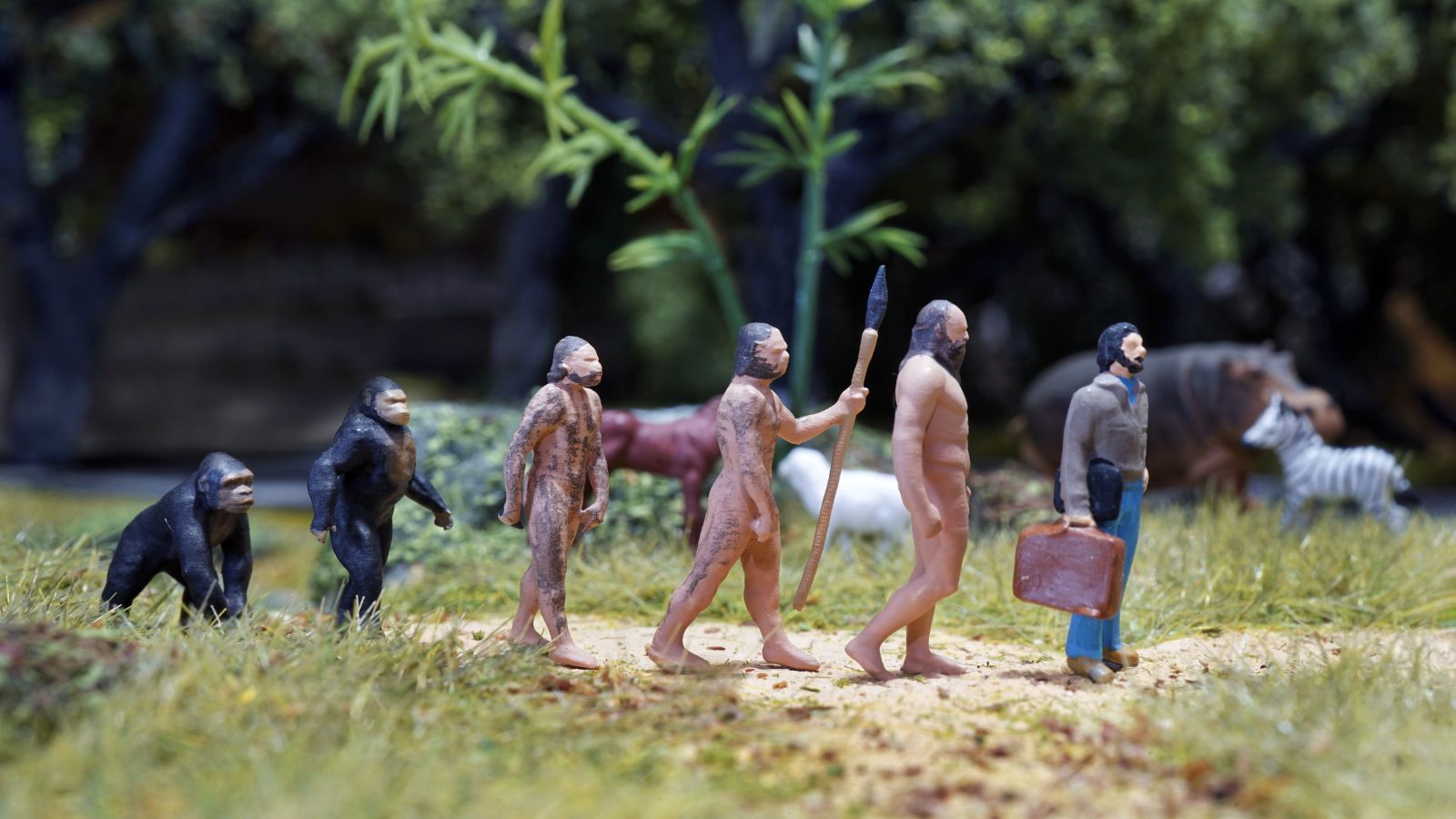
Charles Darwin’s publication of “On the Origin of Species” in 1859 revolutionised our understanding of life on Earth. Darwin’s theory of evolution by natural selection provided a scientific explanation for the diversity of life and challenged long-held beliefs about creation. The impact of this theory extended beyond biology, influencing fields such as anthropology, psychology, and even philosophy.
First Modern Olympics

In 1896, the first modern Olympic Games were held in Athens, but it was a British vision that helped revive the ancient tradition. Baron Pierre de Coubertin, inspired by the Wenlock Olympian Games in Shropshire, spearheaded the movement to establish the International Olympic Committee and organise the modern Olympics. This event symbolised international cooperation and competition.
The Suffragette Movement

The early 20th century saw the rise of the suffragette movement in Britain, a powerful campaign for women’s right to vote. Led by figures like Emmeline Pankhurst, suffragettes employed both peaceful and militant tactics to demand equality. Their relentless efforts culminated in the Representation of the People Act 1918, which granted voting rights to women over 30.
The End of the British Empire
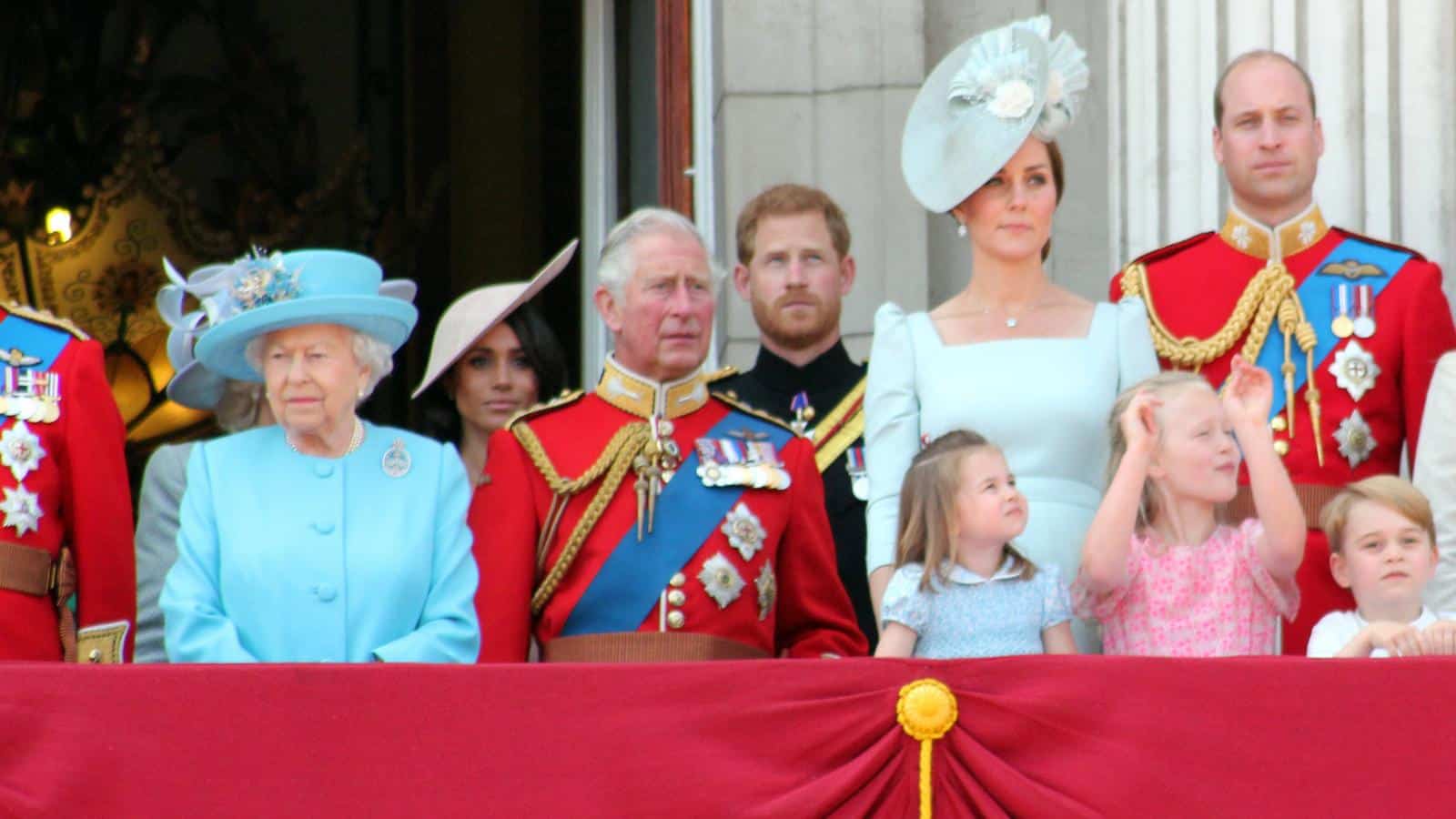
Once the largest empire in history, the British Empire saw a gradual dissolution in the 20th century, and decolonisation began in earnest after World War II, with countries in Asia, Africa, and the Caribbean gaining independence. The end of the British Empire marked a major shift in global power dynamics and the emergence of new nations.
Discovery of Penicillin
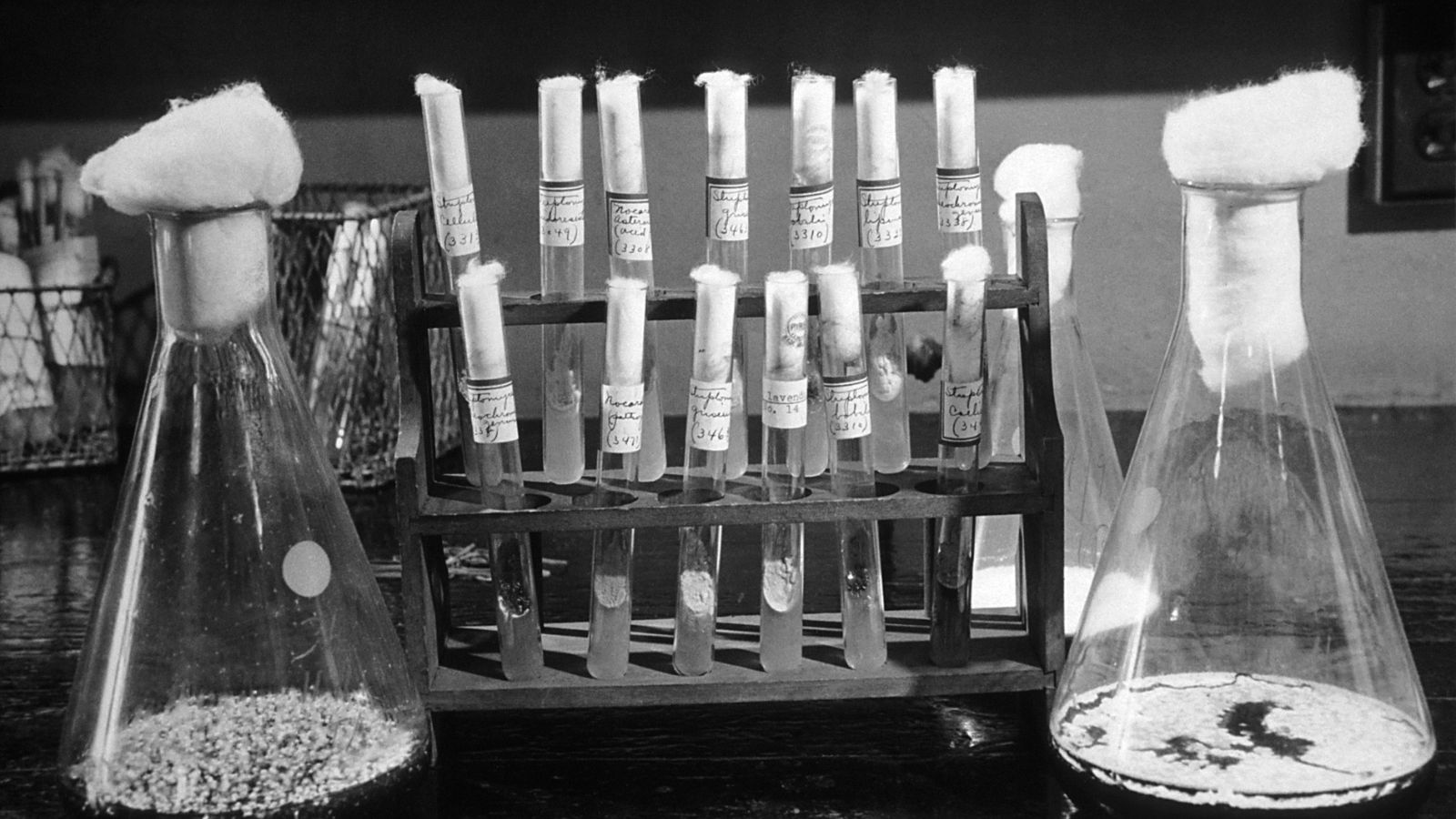
In 1928, Scottish scientist Alexander Fleming discovered penicillin, the world’s first antibiotic, and this groundbreaking discovery revolutionised medicine, providing an effective treatment for bacterial infections that had previously been deadly. Penicillin’s development saved countless lives and paved the way for the modern pharmaceutical industry.
Founding of the BBC
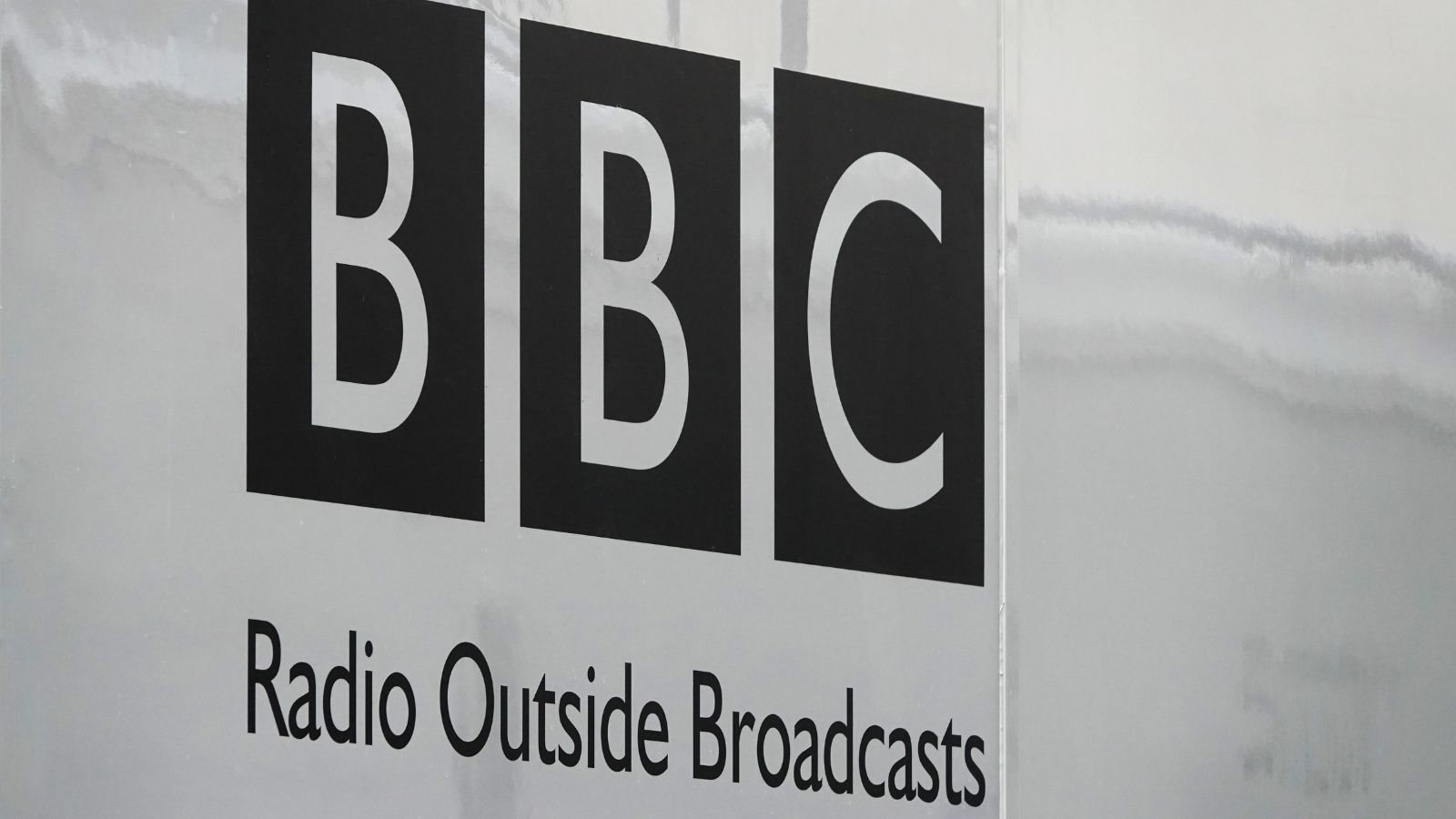
The British Broadcasting Corporation (BBC) was founded in 1922, becoming the world’s first national broadcasting organisation. The BBC played a crucial role in shaping media and communication, setting high standards for journalism and entertainment. It pioneered the use of radio and television to inform, educate, and entertain the public, and the BBC’s influence extends globally.
The Blitz and British Resilience
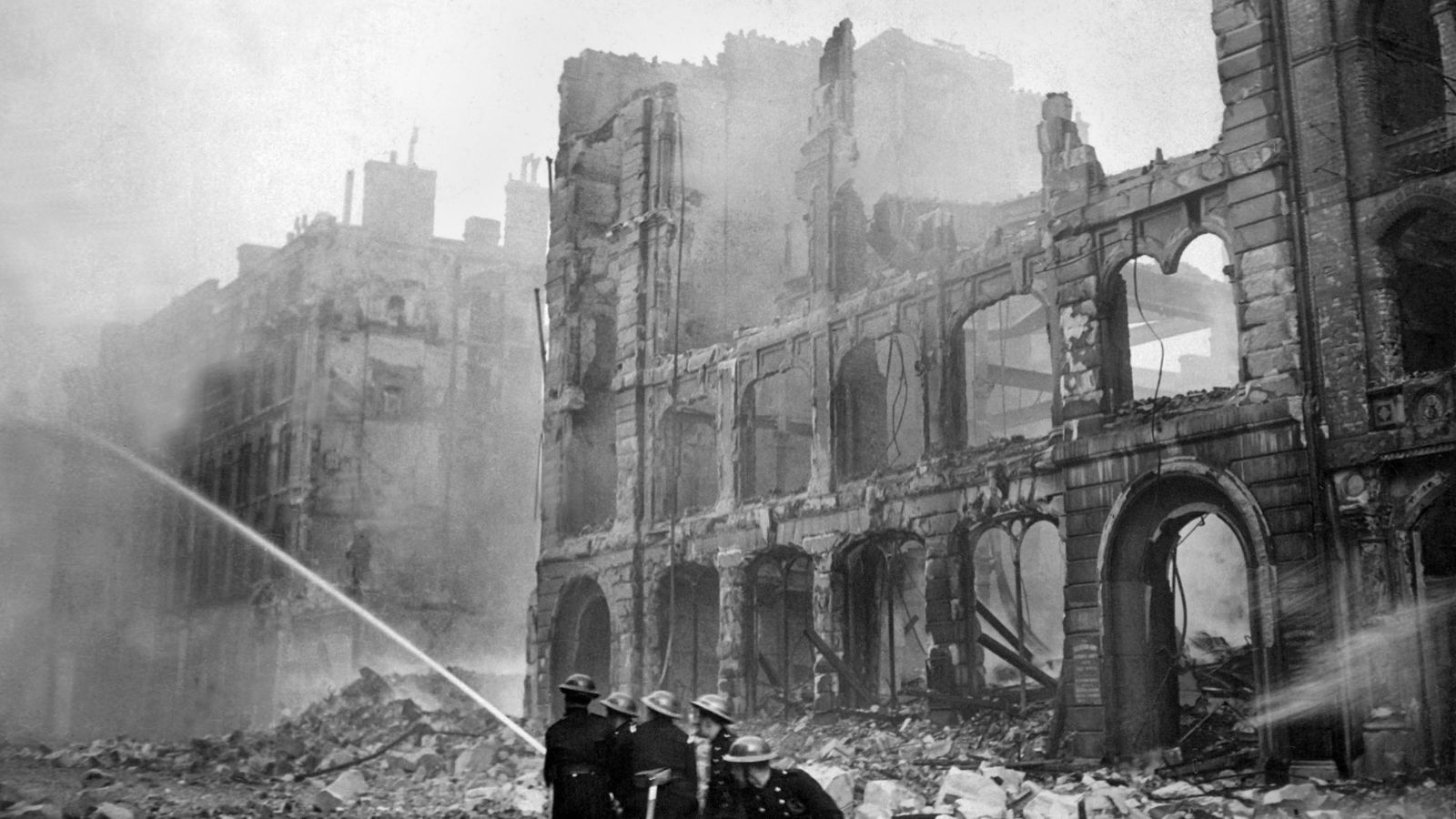
During World War II, Britain faced the devastating Blitz, a sustained bombing campaign by Nazi Germany; from 1940 to 1941, cities across Britain, especially London, endured relentless air raids. The Blitz tested the nation’s resilience and unity, with civilians and the government working together to maintain morale and support the war effort. This period highlighted the British spirit of determination and solidarity.
NHS Formation

In 1948, Britain established the National Health Service (NHS), providing free healthcare to all citizens, and this groundbreaking initiative was part of a broader effort to rebuild the country after World War II and address social inequalities. The NHS set a global example of a publicly funded healthcare system, ensuring access to medical care regardless of your financial status.
Discovery of DNA Structure

British scientists James Watson and Francis Crick, along with Rosalind Franklin’s crucial contributions, discovered the double helix structure of DNA in 1953. This discovery revolutionised the field of genetics, providing the foundation for understanding how genetic information is stored and transmitted.
The Beatles and the British Music Invasion
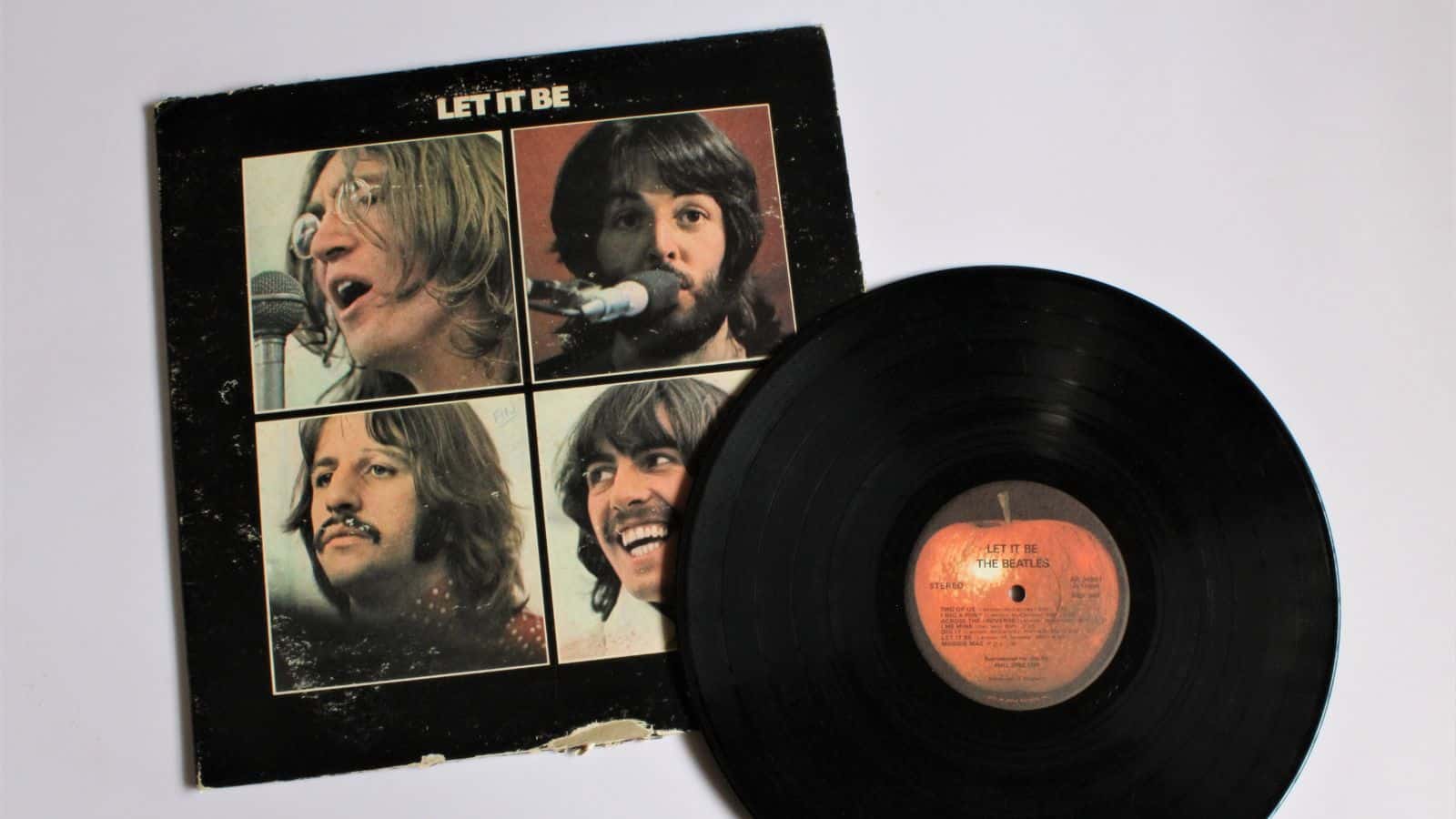
In the 1960s, The Beatles took the world by storm, leading the British Invasion of the American music scene, and their innovative music, charismatic personalities, and cultural impact reshaped popular culture globally. The Beatles not only influenced music with their unique sound but also played a significant role in the social and cultural revolutions of the ‘60s.
The Falklands War
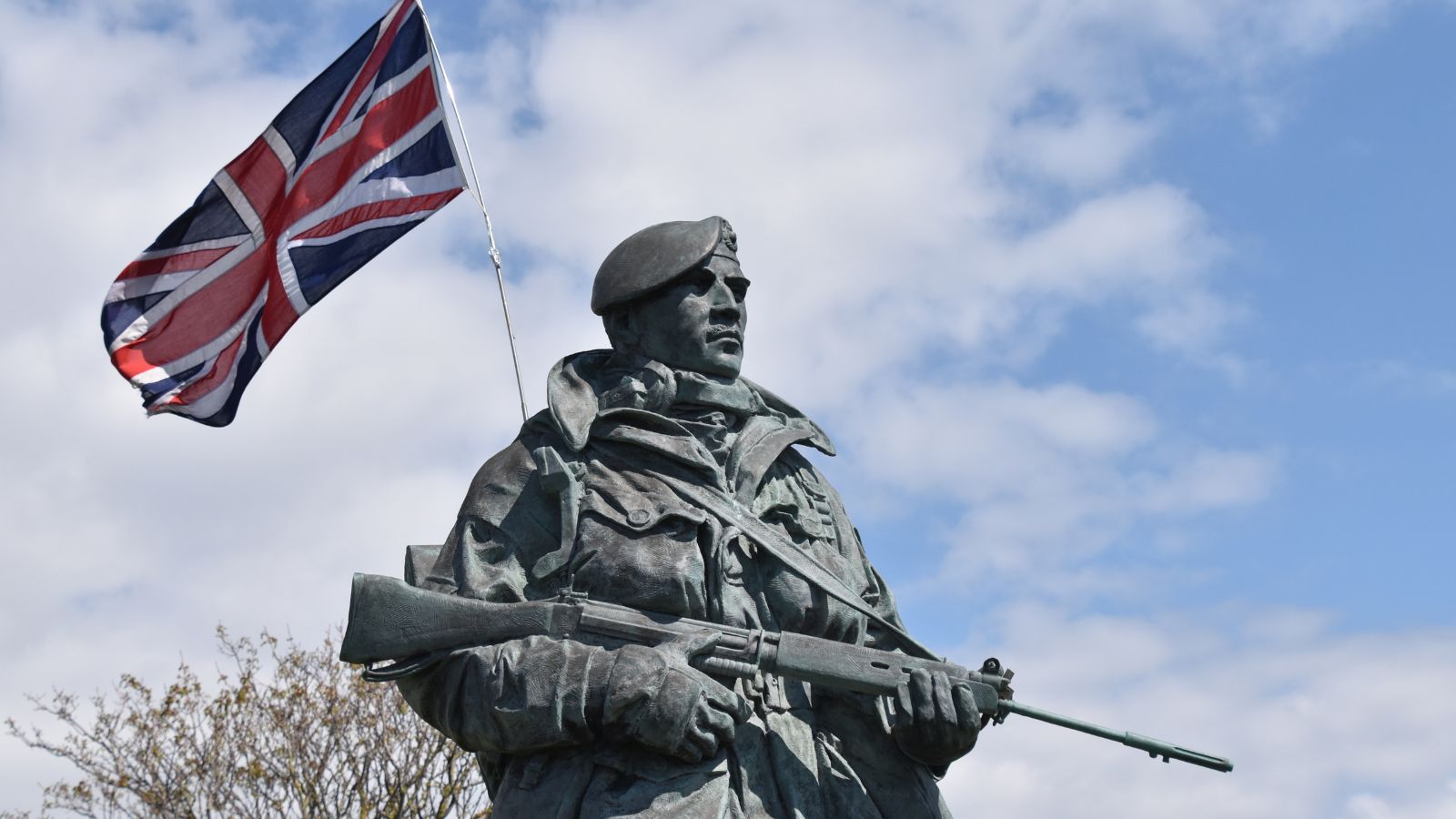
The Falklands War in 1982 was a significant conflict between Britain and Argentina over the disputed Falkland Islands, and Britain’s decisive victory reasserted its sovereignty over the islands and demonstrated its military capabilities. The war had broader implications for international relations, particularly in Latin America and Europe, and influenced defence policies and military strategies.
Brexit
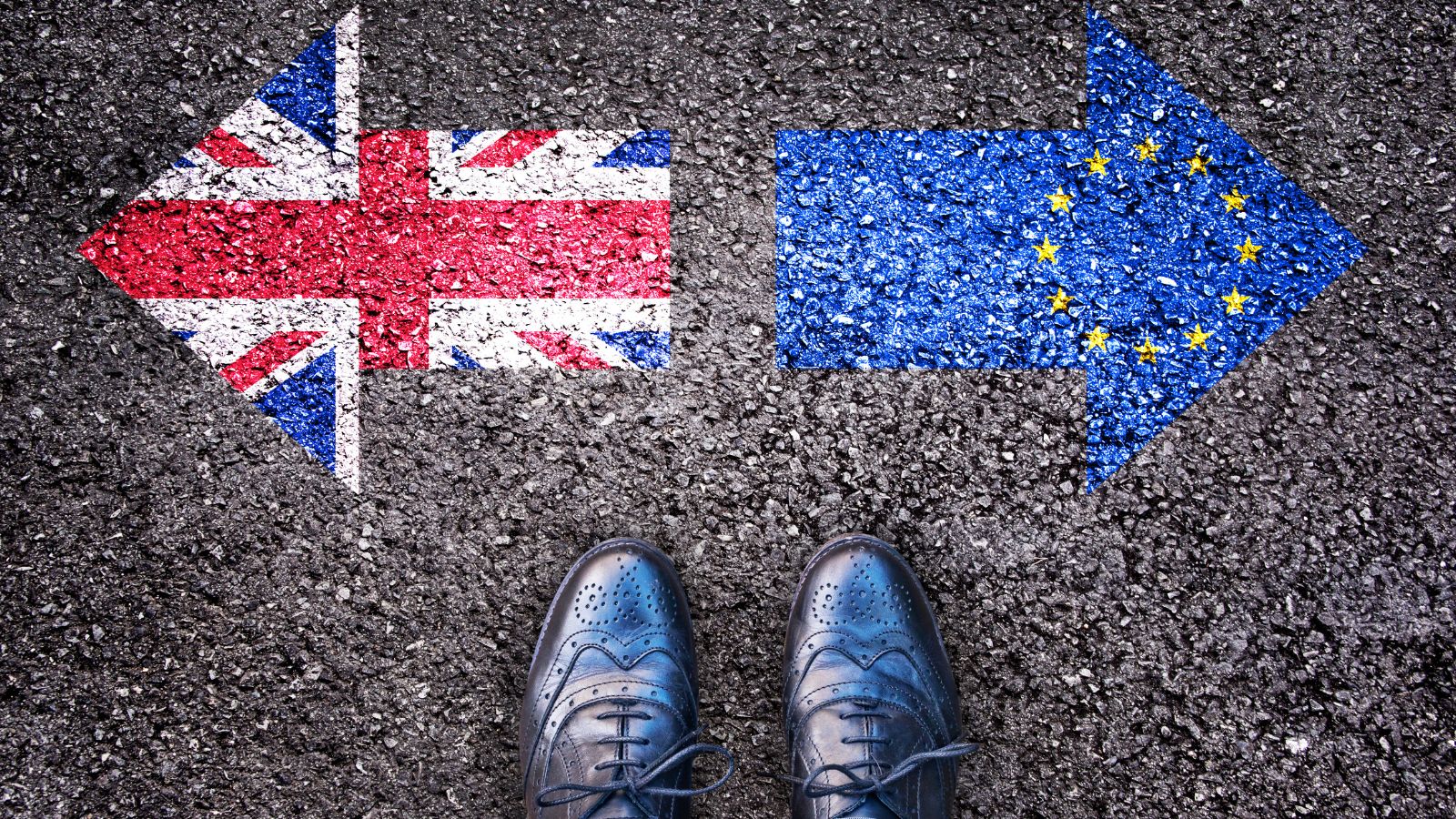
Finally, the decision to leave the European Union, known as Brexit, marked a significant shift in Britain’s relationship with Europe and the world. The process of leaving the EU has had profound economic, political, and social implications, both domestically and internationally. Brexit has sparked debates about sovereignty, immigration, and global trade.

